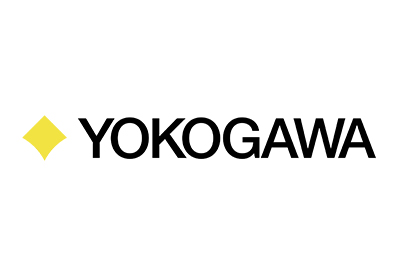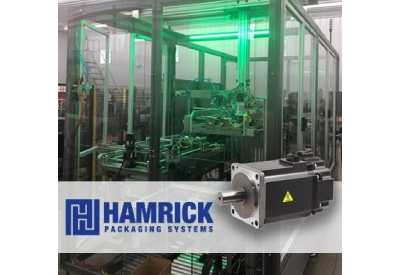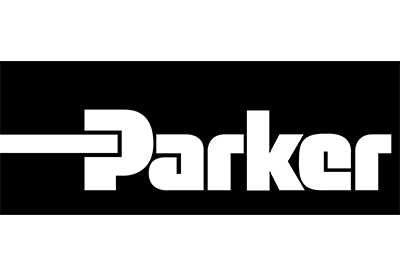Yokogawa Commended by Frost & Sullivan for its OpreX Profit-driven Operation Solution

July 31, 2019
Based on its recent analysis of the North American integrated performance management market, Frost & Sullivan recognizes Yokogawa with the 2019 Global Customer Value Leadership Award for its differentiated solution offerings – Oprex Profit-driven Operation (PDO). This solution is expected to become the standard for managing global plant operations. It differentiates itself by assisting plant operators and engineers to collaboratively solve conflicting performance issues (e.g. production plan vs. energy conservation) in real-time before issues are reactively reported to plant management in a weekly/monthly meeting. The intrinsic capability of the solution to use operational health scores/indicators to model good behavior of operators, engineers and functional staffs drives customer stickiness and helps to change operator level and engineering level mindsets from status-quo operations to profit-driven operations.
It is a unique offering from Yokogawa’s integrated performance management (IPM) solutions portfolio, and is the result of the company’s combined OT, IIoT, domain knowledge and industry best practice.
“Yokogawa’s PDO solution leverages real-time and accurate plant Big Data from distributed control systems (DCS) and blends with intrinsic domain knowledge to create a new performance indicator called synaptic performance indicators (SPIs). These SPIs are synaptically-connected from plant operation to plant management,” said Muthuraman ‘Ram’ Ramasamy, Industry Director with Frost & Sullivan. “The company has already created hundreds of SPIs across management objectives (e.g. Production, Profit, Energy, Reliability and Safety), vertical functions (e.g. process utilization, non-energy cost, energy cost, maintenance cost, incident), management (e.g. product plan vs. actual, chemical cost, energy consumption, HX availability, monitor incident), technical (e.g. product process utilization, chemical consumption, fuel consumption, heat Exchanger [HX] unit, risk factor), and Operation (e.g. product rate, chemical flow rate, Fuel flow rate, HX inlet temperature, overheat pressure).
PDO is a cutting-edge business innovation that helps customers shift from process control to performance control to realize real-time management. It could also be deployed as a training tool for Operators and Engineers, as it combines the perspectives of the management to drive operational profitability. For example, Yokogawa has structured more than 2,800 SPIs for refinery operations and 800 SPIs for ethylene operations. The company’s ability to draw correlations between macro-level plant-level management objectives and micro-level SPIs underlines its focus on creating lasting value.
Yokogawa has structured the following SPIs to help customers measure, monitor, and manage:
- Production
- Feed and products complying with the plan
- Capacity utilization
- Minimization of off-spec products or reprocessing of slopped products
- Profit
- Maximization of higher value product yields
- Minimization of quality give away
- Supplemental materials than energy for manufacturing of products
- Loss and flaring
- Energy
- Energy consumption (Fuel, Steam, Electricity)
- Energy performance (Furnace, Heat Exchanger, Distillation column, Pipe)
- Utility network (Fuel gas, Hydrogen, Steam, Electricity)
- Carbon emission
- Reliability
- Plant availability
- Equipment availability and efficiency
- Critical operating points of each equipment
- Safety
- Safety risk factor of critical equipment
- Violation of environmental regulations
- Loss of containment
- Flammable and toxic gas content
- Lost time injury frequency rate
- First aid injury frequency rate
“Knowing what to measure, when to measure, why to measure and what impact does changing one parameter have on another are critical questions that Yokogawa helps a customer answer to achieve profit-centric outcomes,” noted Muthuraman Ramasamy. “It has uniquely positioned itself in the IPM space by ensuring that the PDO solution blends high-quality data from distributed control systems (DCS) with expert services from the recently acquired KBC Technologies to deliver profit-enhancing solutions.”
Each year, Frost & Sullivan presents this award to the company that has demonstrated excellence in implementing strategies that proactively create value for its customers with a focus on improving the return on the investment that customers make in its services or products. The award recognizes the company’s unique focus on augmenting the value that its customers receive, beyond simply good customer service, leading to improved customer retention and customer base expansion.
Frost & Sullivan Best Practices awards recognize companies in a variety of regional and global markets for demonstrating outstanding achievement and superior performance in areas such as leadership, technological innovation, customer service, and strategic product development. Industry analysts compare market participants and measure performance through in-depth interviews, analysis, and extensive secondary research to identify best practices in the industry.





